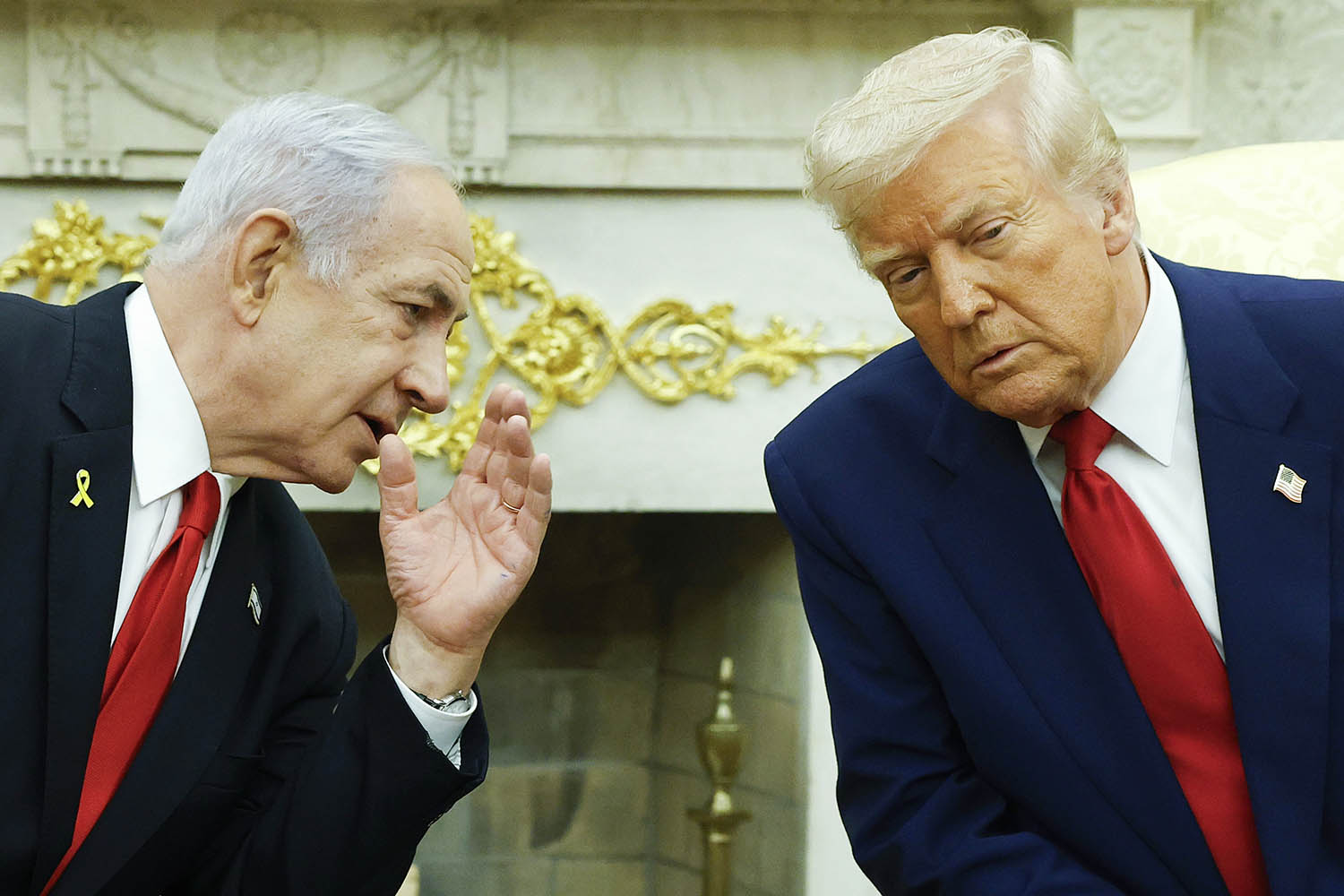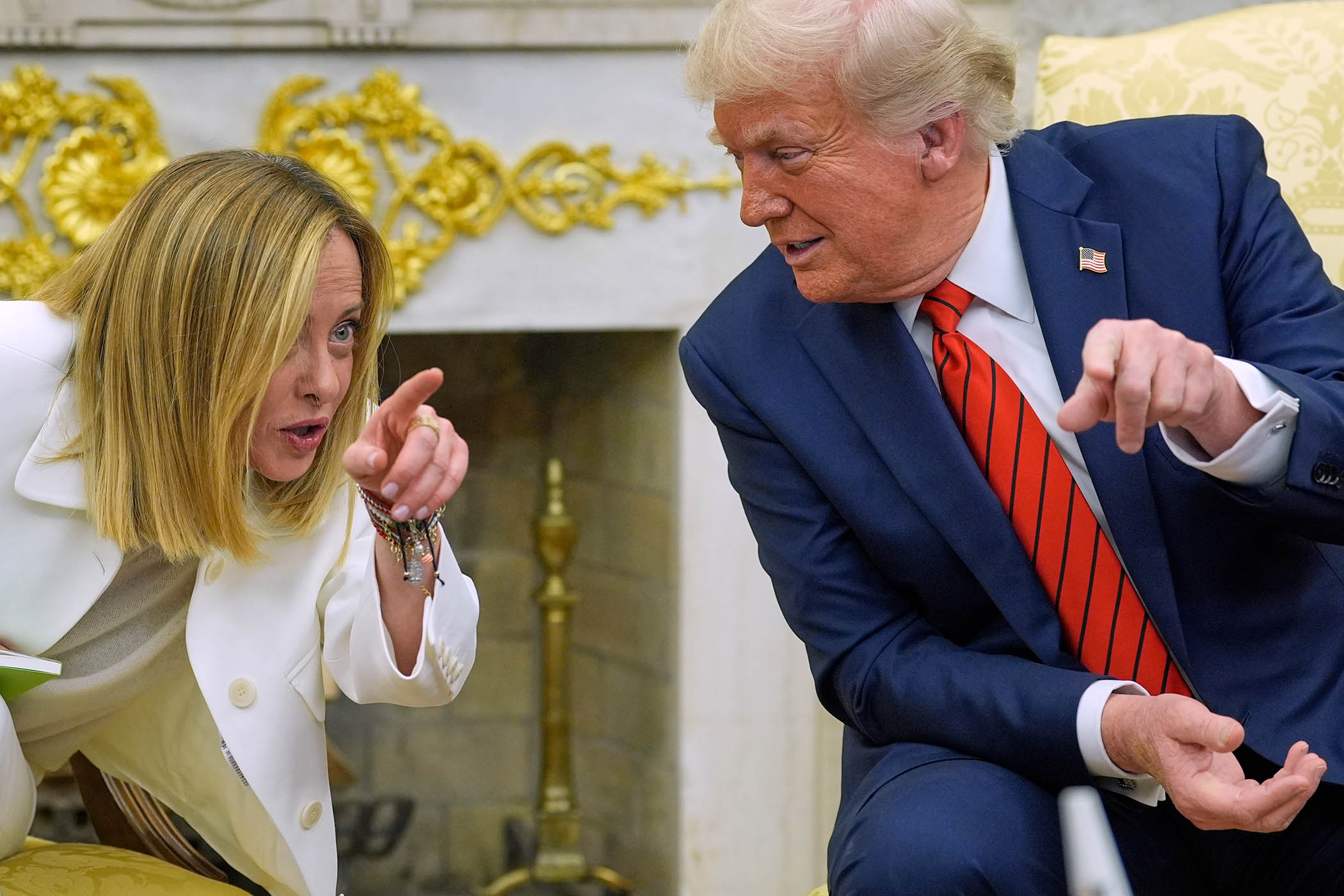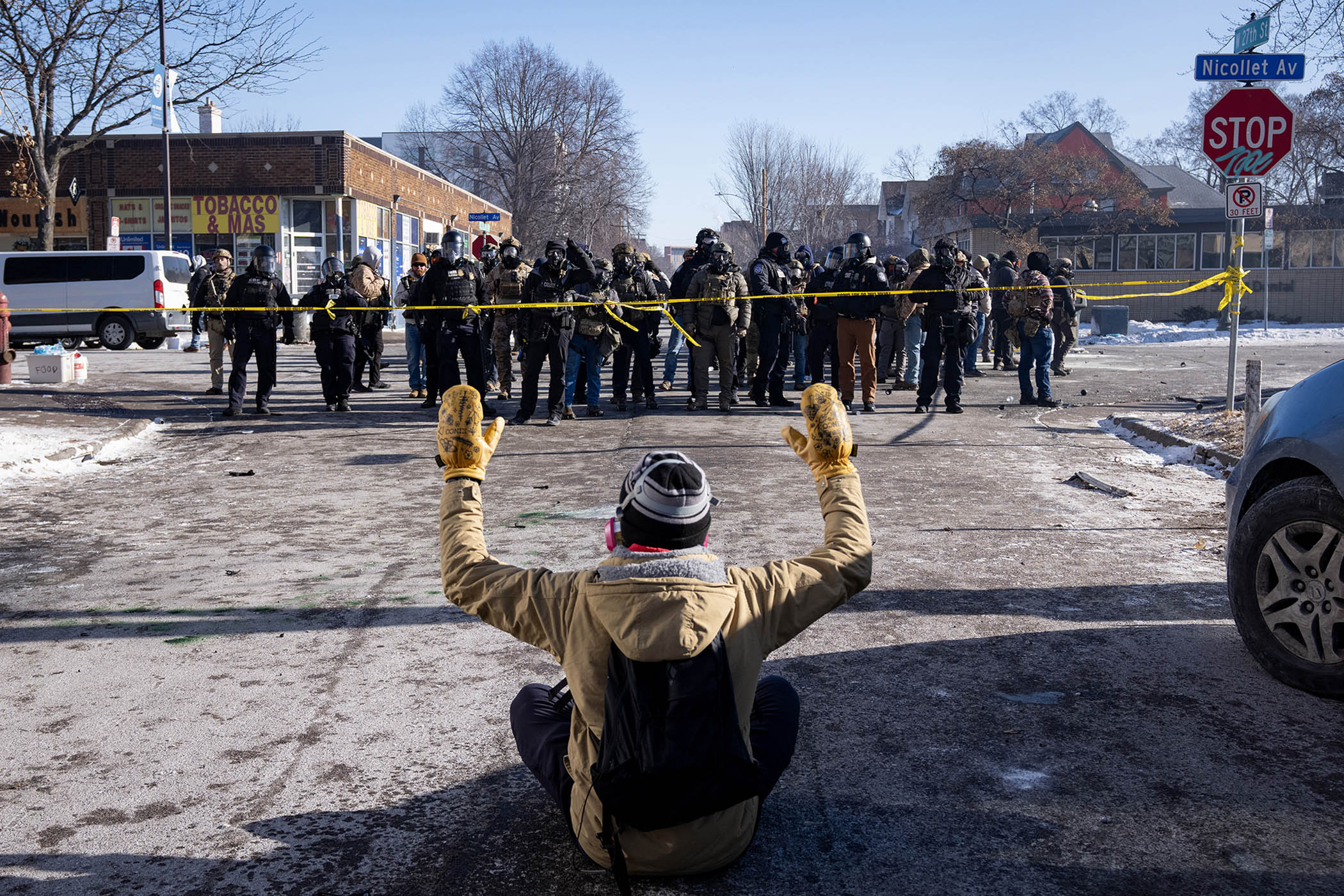The Foreign Office has warned some of Britain’s top human rights lawyers that they are at risk of being sanctioned by Donald Trump and could have their worldwide assets frozen.
Senior barristers, retired judges and academics have been told that they and their families could be banned from visiting the United States because of their association with the International Criminal Court’s (ICC) investigation into alleged war crimes in Gaza.
They have also been advised to take pre-emptive measures to protect their finances because their British bank accounts are likely to be blocked if they are subject to draconian White House restrictions.
The threat of British lawyers being subjected to wide-ranging sanctions by one of the UK’s closest allies was described as “a threat to the rule of law” and “authoritarian” by legal experts.
Those who have been warned that they could be sanctioned include Lord Justice Fulford, former vice-president of the Court of Appeal of England and Wales; Baroness Kennedy of the Shaws, the Labour peer; Judge Theodor Meron, former president of the International Criminal Tribunal for the former Yugoslavia; Danny Friedman, a barrister at Matrix Chambers; and Elizabeth Wilmshurst, distinguished fellow of international law at Chatham House.
They were all members of the ICC prosecutor’s panel of experts in international law who backed the decision to request arrest warrants for Israel’s prime minister, Benjamin Netanyahu, and its former defence minister, Yoav Gallant, and three Hamas leaders, Yahya Sinwar, Mohammed Deif and Ismail Haniyeh.
Amal Clooney, a leading human rights lawyer, was also a panellist but it is understood that she is unlikely to be affected because her husband, the actor George Clooney, is an American citizen and she has US residency.
Andrew Cayley, a British barrister and former military prosecutor, has recently stepped down from his role overseeing the ICC’s investigation into alleged war crimes in Gaza in an attempt to avoid sanction. But the Foreign Office has cautioned that he could still be vulnerable, citing the “unpredictability” of the White House.
Related articles:
One source said “scores” of lawyers, officials and academics who have worked with the ICC could potentially be sanctioned. ”It’s a flagrant abuse of power,” said one of the lawyers who could be affected.
On 6 February President Trump signed an executive order condemning the “malign conduct” of the ICC. He accused the court of “illegitimate and baseless actions targeting America and our close ally Israel”, citing the ICC’s arrest warrant for Netanyahu and Gallant.
Newsletters
Choose the newsletters you want to receive
View more
For information about how The Observer protects your data, read our Privacy Policy
The president pledged to impose “tangible and significant consequences on those responsible” for the international court’s “transgressions”. The US has already sanctioned Karim Khan, a British lawyer who has served as the ICC’s chief prosecutor since 2021.
Trump said he would publish a list of further names within 60 days of the executive order being signed. Officials at the British embassy in Washington have been frantically negotiating behind the scenes to try to avoid any more UK citizens being sanctioned. The deadline has now passed, but the Foreign Office is warning that there is still a risk that the British lawyers could be sanctioned.
The potential international reach of the sanctions will raise questions for Keir Starmer, himself a human rights lawyer, as he attempts to strike a trade deal with the US. The Foreign Office advice follows Trump’s attack on law firms in America. Several companies have agreed deals with the US president that will allow them to avoid the prospect of punishing executive orders in return for providing free legal services for causes the White House supports.
Lord Ken Macdonald, a former director of public prosecutions, said: “What Donald Trump is doing is completely wrong. For a democratic country to be considering sanctioning lawyers for the work they are doing for a court that has been lawfully set up and established by international agreement seems to be a direct attack on the rule of law.”
Robert Buckland, the former Conservative lord chancellor, said the threat of sanctions on British lawyers was “deeply worrying” and “authoritarian”.
He added: “This is an attack on the independence of the profession,” he said. “If you are an independent lawyer you have got to be able to operate without fear or favour. Even the prospect of sanctions for doing no more than giving legal advice is chilling and shows no respect for the rule of law.”
The ICC is tasked with prosecuting war crimes, crimes against humanity and genocide. The US has never recognised The Hague-based court’s authority and Trump has repeatedly criticised the court. His first administration sanctioned Khan’s predecessor, Fatou Bensouda and the Biden administration subsequently lifted those sanctions.
Photograph Kevin Dietsch/Getty Images



